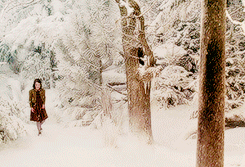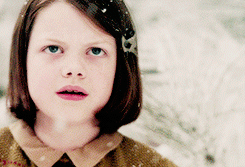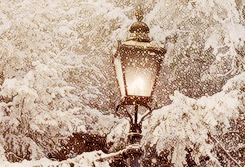“Some who have read the book, or at any rate have reviewed it, have found it boring, absurd, or…”
- J.R.R. Tolkien, preface to the second edition of The Lord of the Rings.
I’m probably shouting into the void here (Do I even have followers who aren’t bots? Signs point to no…) but Lord of the Rings is never far from my mind and I’ve been having a few thoughts about Bree that I wanted to try to get down.
What strikes me is just how unique Bree-land seems to be when you compare it to other places in Middle-earth. It’s not a kingdom or a formalised realm with a named ruler like Gondor, Rohan, Lórien, or the Woodland Realm in Mirkwood, and it’s not a kind of city-state under the authority of a mayor or a master either, like Laketown. Nor do it’s people fit into another category often found in Tolkien, that of the wandering band of exiles (Beren, Thorin & Co., the Rangers of the North).
It was a part of Arnor, of course, and becomes part of the Reunited Kingdom during the Fourth but inbetween there doesn’t seem to be much central authority or government at all. Is there a mayor or some kind of council of town worthies we don’t see? Presumably somebody has to organise the watch on the gates that Harry Goatleaf is part of. And do the outlying villages such as Combe and Archet have their own laws and governance? We just don’t know!
The thing that I think is most interesting about Bree-land though is that it’s the only place, at least that I can think of, where you have two different races living side-by-side: men and hobbits. There are obviously plenty of examples of co-operation between races, particularly elves and men, going right back to the First Age. But none these examples actually involve elves and men or dwarves living together in the same settlements. Which makes sense, given longstanding feuds between elves and dwarves and different lifespans etc.
By contrast though there seems to be a lot of intermingling in Bree. I think there are some villages which are said to be predominantly populated by either men or hobbits, but it’s implied that the two populations live together without any major problems. The Prancing Pony, for example, has rooms built specially for the use of hobbits and hobbits work there. Barliman Butterbur seems to know quite a bit about about the lifestyle and preferences of hobbits.
To be honest I don’t really have much of a point here but I just think Bree has a lot of interesting wordbuilding potential and I feel like it should get more attention from the fandom!






‘The electric street-lamp may indeed be ignored, simply because it is so insignificant and transient. Fairy-stories, at any rate, have many more permanent and fundamental things to talk about.‘ (J.R.R. Tolkien in On Fairy-Stories)
‘In about ten minutes she reached it and found it was a lamp-post. As she stood looking at it, wondering why there was a lamp-post in the middle of a wood and wondering what to do next…’ (C.S. Lewis, The Lion, the Witch, and the Wardrobe)
aka ‘am I petty enough to write a lamp-post into my story just because my friend said it’s a ‘no-no’ in fantasy? Why yes, yes I am.’
It recently occurred to me that Gandalf only counsels Frodo when it’s just the two of them.
He doesn’t tell Frodo about the Ring until Frodo is in Bag End and they assume that nobody is around to listen in on their conversation. When Gandalf checks in with Frodo between Caradhras and Moria, he calls Frodo away from the rest of their Fellowship, at which point they talked in hushed voices and pause their conversation when other members of the Fellowship pass them. They likewise talk about Gollum in a place where the rest of the Fellowship probably can’t hear their conversation. In the books, Gandalf is accompanying the hobbits back home on the one-year anniversary of Weathertop, and Gandalf only asks Frodo whether he is in pain once he is riding alongside Frodo, and again he talks quietly to prevent the other hobbits from eavesdropping.
Gandalf knows Frodo well enough to know when Frodo is distressed, and he also knows that Frodo is often reluctant to talk about his troubles. Frodo trusts Gandalf in a way that he doesn’t really trust anyone else, not even Sam, and he always takes Gandalf’s advice to heart, even if he doesn’t understand it right away. But sometimes, as he shows on the one-year anniversary of Weathertop, Gandalf also knows that sometimes Frodo just needs a listening ear, someone who will listen and offer sympathy without being overly pitiful.
That mutual trust is possibly one of my favorite things about their relationship.